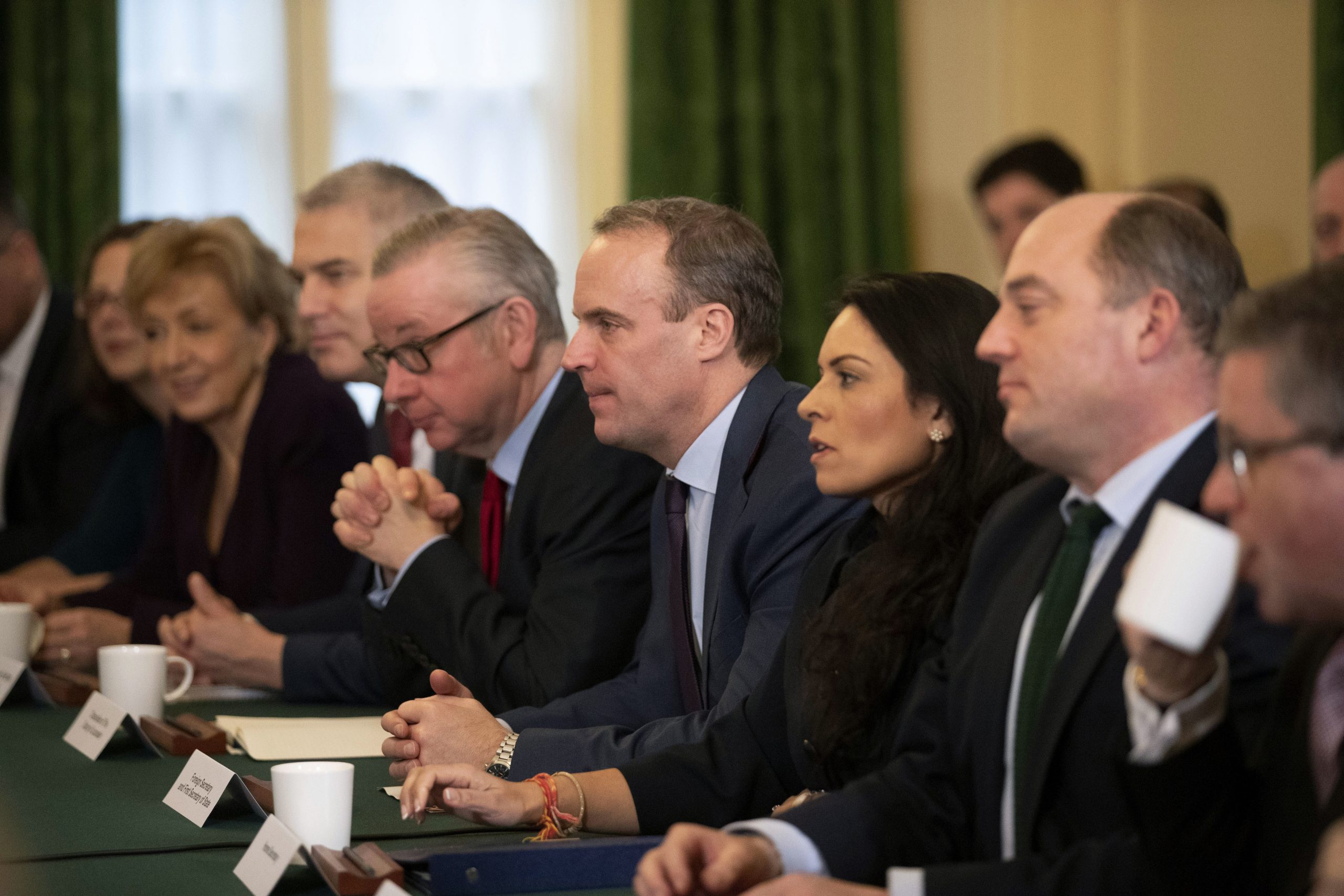Earlier this month the UK House of Lords voted down a series of measures in the government’s Police, Crime Sentencing and Courts Bill, many of which were introduced at the last minute without the chance for debate. These included the power to stop and search anyone at a protest (or simply passing by a protest) without the need for reasonable suspicion. The new measures would also have allowed the courts to ban people from attending protests in future even if they hadn’t been convicted of any offences in the past. These are what are technically described as “precautionary powers”, usually reserved for counter-terrorism and serious crime rather than peaceful protest. Police would also have been able to intervene if protests were judged to be too loud. Despite its failure at this stage of the legislative process, the government has made it clear it intends to reintroduce these draconian proposals.
The day after the government defeat a guest appeared on the BBC’s flagship Today programme to express his opposition to the measures:
“What you are doing with some of these powers,” he explained, “is removing from people who may not feel there is much they can do to influence government policy, the power even to make a lot of noise. And you are treating gatherings and marches as crime scenes rather than occasions for the legitimate exercise of free speech or the freedom to assemble.”
These are not the words of a representative from one of the groups targeted by the legislation (Extinction Rebellion or Insulate Britain) nor do they come from a civil rights organisation such as Liberty. The speaker was Lord Anderson of Ipswich KBE QC, the former Independent Reviewer of Terrorism Legislation who sits as a crossbench peer, which means he is not aligned to any political party. He even voted for some of the proposals, including a measure to stop people locking themselves to street furniture or interfering with key national infrastructure. It is hard to imagine a more establishment figure and the government should listen when he accuses them of turning protests into crime scenes. Even former Metropolitan Police Commissioner, Lord Hogan-Howe, who voted with the government, made the point that many of the offences in the bill are covered by existing legislation.
Although there have been public demonstrations against the Policing Bill, most notably in Bristol, public and media attention has understandably been elsewhere during the pandemic. The government’s own issues with potential law breaking in Downing Street has provided a more recent distraction.
But the Policing Bill is not the only authoritarian weapon in this government’s armoury. Index has warned before about proposals for a new Official Secrets Act that will increase maximum sentences for unauthorised leaks and judge some journalistic disclosures as more serious than espionage. The government’s consultation document on the reform makes this abundantly clear: “there are cases where an unauthorised disclosure may be as, or more, serious in terms of intent and/or damage.”
Last month, Justice Secretary Dominic Raab announced a root and branch overhaul of the Human Rights Act, the centrepiece of progressive reforms from the New Labour era. This will include an erosion of the “positive obligations” on public bodies to protect human rights, which should concern anyone who has ever had reason to question the actions of the police. Meanwhile, under the measures of the Electoral Integrity Bill voters will be obliged to show photographic ID at polling stations despite the low levels of fraud and the large numbers of people on low incomes who don’t possess a driving licence or a passport.
Add to this an increasingly punitive approach to asylum seekers and benefit claimants and it is possible to argue that we are witnessing the most authoritarian British government since the Second World War.






